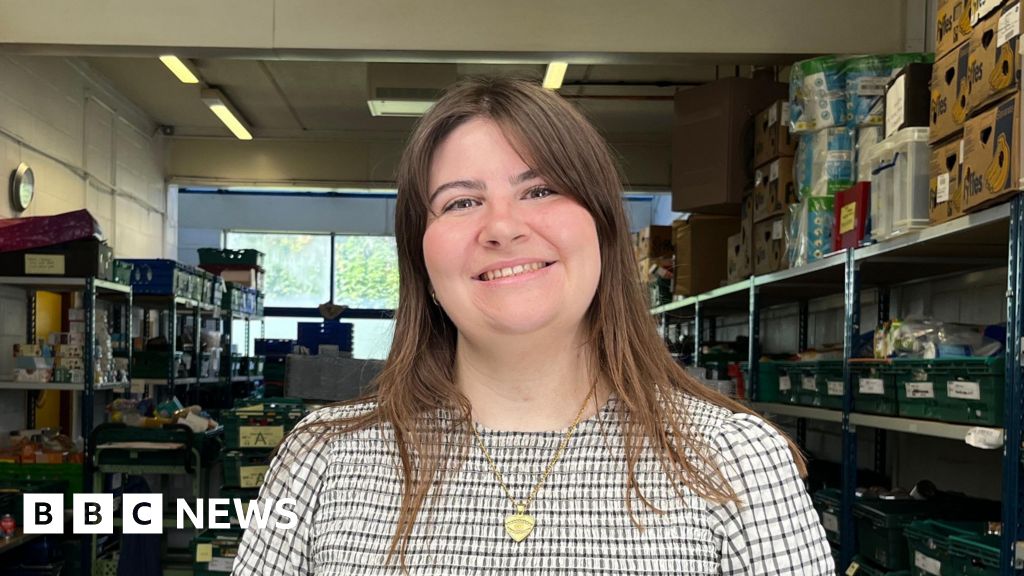ARTICLE AD BOX
Image source, Getty Images
Morrisons says it has cut the prices of hundreds of products to help customers with the rising cost of living.
The supermarket, which is under threat from discounters Aldi and Lidl, said it would offer an average 13% price cut on more than 500 goods including eggs, beef and rice.
The cost of living is rising at its fastest rate in 30 years in part due to soaring food prices.
Asda has also promised to offer more low-cost goods in its shops from May.
Morrisons, which is the UK's fourth-largest supermarket after Tesco, Sainsbury's and Asda, said the cuts will cover refrigerated, frozen and store cupboard food and affect around 6% of its total sales volume.
"We know that our customers are under real financial pressure at the moment and we want to play our part in helping them when it comes to the cost of grocery shopping," said boss David Potts.
Items being discounted include cereal, cooking sauces, chicken and sausages as well as flour, bread and ham.
The chain said a 30-pack of own-brand eggs will sell for £2.99 instead of the previous £3.40, while shoppers can buy a 430g pack of diced beef for £3.59 rather than £3.99.
More than 180 additional products have also been included in new promotions such as "buy two for £1.80" on cereals and "buy two for £3" on breaded chicken.
Last month, Asda promised to offer a wider range of low-cost goods in its stores after being criticised by food poverty campaigner and chef Jack Monroe.
Ms Monroe said the supermarket was taking cheaper products off shelves in some shops at a time when many people were struggling with the cost of living.
Asda has since promised to offer 300 cut-price products - up from 200 currently - while ensuring they're available in all stores.
Image source, Getty Images
Both Asda and Morrisons are losing out as consumers turn to discounters to cut their costs, according to research firm Kantar.
UK grocery price inflation hit 5.2% in the 12 weeks to 20 March, it said, its highest level since April 2012.
In that time, Lidl and Aldi were the only big supermarkets to see their sales and market shares rise. By contrast, Morrisons and Asda saw the biggest drops in sales and market share.
Kantar's head of retail Fraser McKevitt said: "We're really starting to see the switch from the pandemic being the dominant factor driving our shopping behaviour towards the growing impact of inflation, as the cost of living becomes the bigger issue on consumers' minds."
In March, one food boss told the BBC food price inflation could rise as a high as 15% this year as a result of the war in Ukraine.
Ronald Kers, the boss of food firm 2 Sisters, blamed the rising prices of wheat and natural gas, which is used to heat greenhouses and to make fertiliser.

 3 years ago
66
3 years ago
66








 English (US) ·
English (US) ·